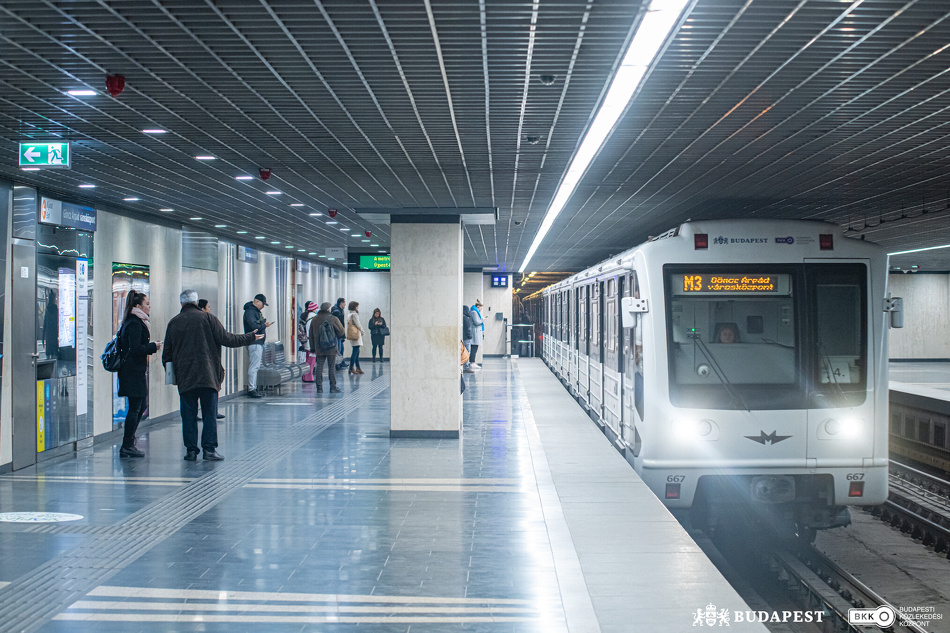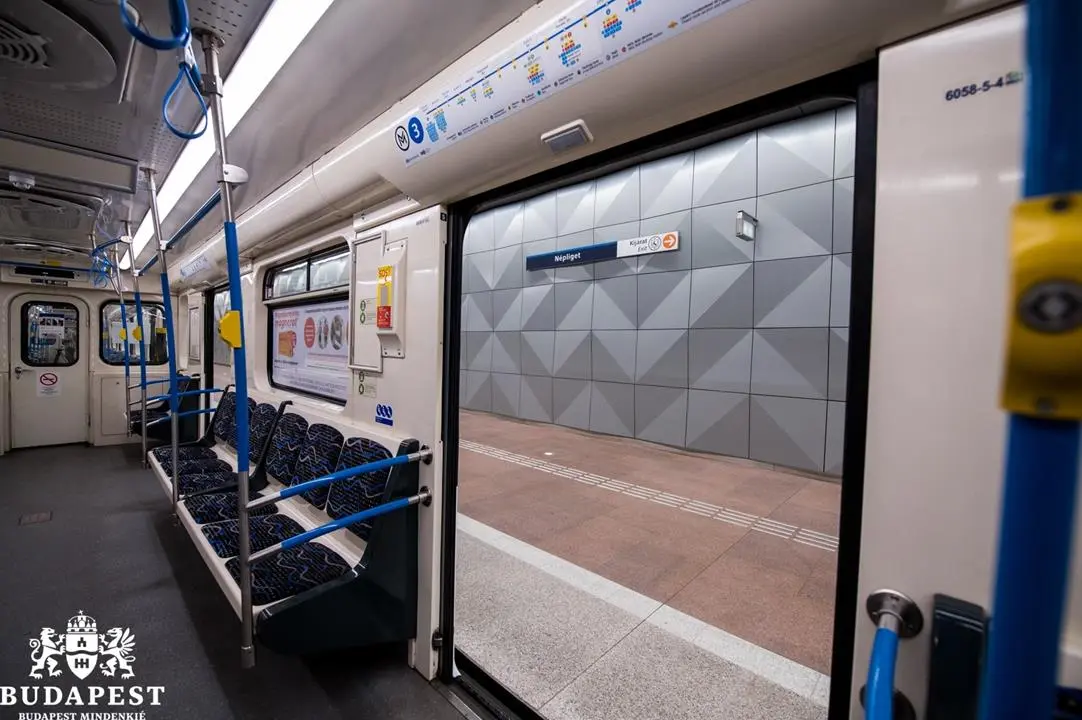Will Budapest’s busiest metro line get air conditioning? Here’s the answer

Budapest’s public transport company BKV is still negotiating with the manufacturers submitting offers for air conditioners on Metro line M3 line carriages in a public procurement procedure, but no agreement has been reached. No substantial progress has been made with the Russian manufacturer of the fittings either.
According to the Association for Metro, not only is there no cooling on carriages on Metro line M3, but the trains are actually heated because the electricity generated by the brakes is no longer fed back into the grid. One passenger has already measured 42 degrees Celsius in one of the trains on Metro line M3, Index reports.

The former mayor of Budapest, István Tarlós, has already said that the estimated HUF 6 billion (EUR 15.3 million) for the installation of the air conditioners will be paid from penalty payment from the Russian train manufacturer Metrowagonmash. He predicted that the installation would start in 2021, while the current mayor, Gergely Karácsony, said after his first election that the installation was not a question of money.
The lawsuit against Metrowagonmash is still in the first instance in the Budapest court, there are still exchanges of documents between the parties, and BKV has only revealed that their claim is roughly EUR 100 million and HUF 243 million (EUR 620,000), plus interest. There is no information on what the opposing party has recognised as a legitimate claim, nor on where the funding for the increasingly urgent installation of air conditioning would come from.
Several problems with the Russian metro carriages

The public procurement procedure for air conditioning the cars is still in the negotiation stage, with BKV waiting for the final offers from two bidders. Their next steps will depend on the outcome of these negotiations.
The 10-year warranty still covers repairs due to corrosion of the body and chassis. However, the durability of the wagon structure is crucial since the weight of the air conditioners is limited, which will influence the bids from the air conditioner manufacturers. Another concern is that the Russian manufacturer has not yet commented on how retrofitting air conditioning will affect the warranty.
It is certain that the trains delivered by the Russians to Budapest would not have met the standards required in an open European tender, Index states. This is proven by not only the delayed delivery but also by the 18 different serial defects for which BKV has sued, including the critical issue with the floor plates.
The need to maintain the fleet on the Metro line M3 only complicates the situation amidst trade prohibitions with Russia due to war sanctions. Although BKV has been exempted from the 11th package of sanctions for purchasing spare parts for metro trains, neither the capital’s transport company nor the Ministry of Construction and Transport has explained how they can pay for the parts given that Russian financial institutions are cut off from the SWIFT global interbank payment system.
Index also reports that in professional forums, several people have noted that M3 trains often struggle to stop accurately at the platform. Many observed that the trains frequently stop initially, then restart, move forward a few meters, stop again, and only then open their doors.
Read also:
- Beware: Trains running on busiest Budapest metro line will be super hot this summer! – Read here
- Hungarian opposition LMP asks further questions about revamped Russian metro carriages – Read here
Source:






